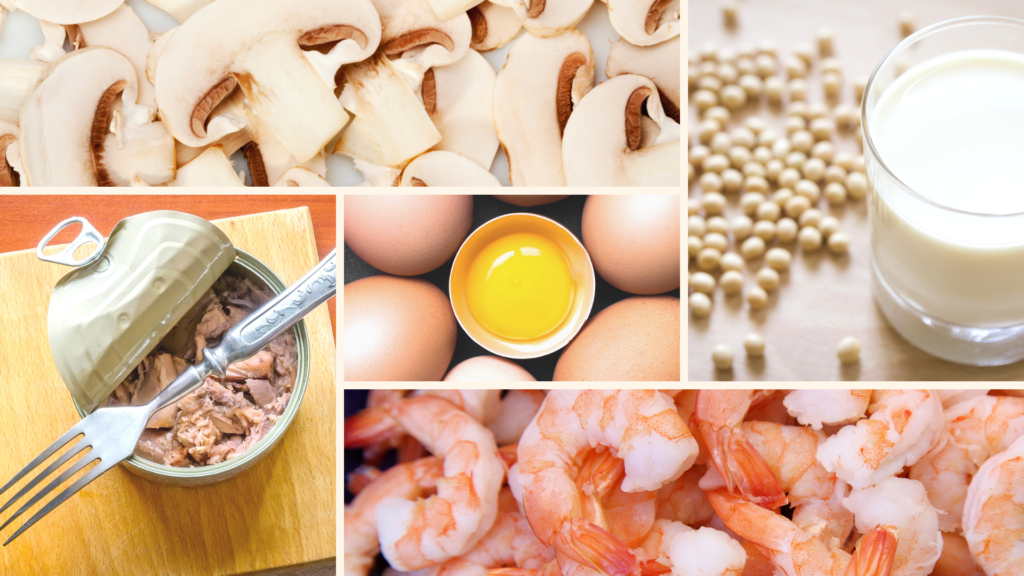The sunshine vitamin, vitamin D, is a fat-soluble vitamin essential for optimal health.
Vitamin D assists your body to absorb calcium and maintain the right amount of magnesium and phosphate concentrations, which are important nutrients for our teeth, muscles and bones.
Aside from that, Vitamin D plays an important role for brain development and our mental health
It is also an important nutrient that supports our immune system in fighting viral infections including the coronavirus disease 2019 (COVID-19).
Recent studies based on data from more than 20 countries found that Vitamin D deficiency may be linked to more severe cases of COVID-19.
According to the researchers, countries where people had lower levels of Vitamin D had a high rate of cases and deaths compared to people with higher Vitamin D levels.
Sunlight is a major source of Vitamin D but social distancing and quarantine protocols makes it hard to get this vitamin directly from the sun.
But don’t worry you can still get Vitamin D from your diet, here are some of the best sources of Vitamin D.
Fortified foods
If you don’t like vegetables or fish, you don’t get enough vitamin D from your regular diet.
It is a good thing that there are some food products that are fortified with this nutrient.
Like cow’s milk, the most commonly consumed type of milk.
It is a good source of many nutrients, including calcium, phosphorous, and riboflavin.
In many places, their cow milk supplies are fortified with vitamin D.
Another one is soy milk, plant-based milk substitutes like soy milk are often fortified with this nutrient with other vitamins and minerals.
Canned tuna
Aside from being a cheaper alternative, we usually go for canned tuna because of its flavor and long-life storage advantage.
Canned tuna and canned sardines contain vitamin D.
In a 3.5-ounce or 100-gram serving of canned tuna, we get 34% daily value of vitamin D.
Some varieties of canned light tuna has the most vitamin D.
Shrimp
Compared to other seafood sources with vitamin D, shrimp is low in fat.
Research shows that four large shrimp contains 11 percent of the daily value of vitamin D.
Shrimp also has vitamin A, magnesium, phosphorus, and potassium.
It also offers omega-3 fatty acids and iodine.
Egg yolks
Seafood is not the only source of vitamin D.
Whole eggs are also a good source along with many nutrients.
Most protein in an egg is found in its white, while the fat, vitamins, and minerals are found mostly in the yolk.
The yolk has 5 percent of the daily value of vitamin D.
Organic eggs often have more vitamin D or some packaging may also indicate if the eggs are enriched with Vitamin D.
Mushrooms
Mushrooms are good plant sources of vitamin D. Mushrooms can synthesize this vitamin D when exposed to UV (ultraviolet) light like us humans.
Some wild mushrooms are excellent sources of vitamin D2.
While other commercially grown mushrooms are often grown indoors and contain very little D2.
Mushrooms treated with UV light provide a larger dose of Vitamin D.
You have to read the labels when you buy these products and have your own research to get the right nutrients for keeping your immune system strong.
Know more health tips? Let us know in the comment section of this video.
/dbs
